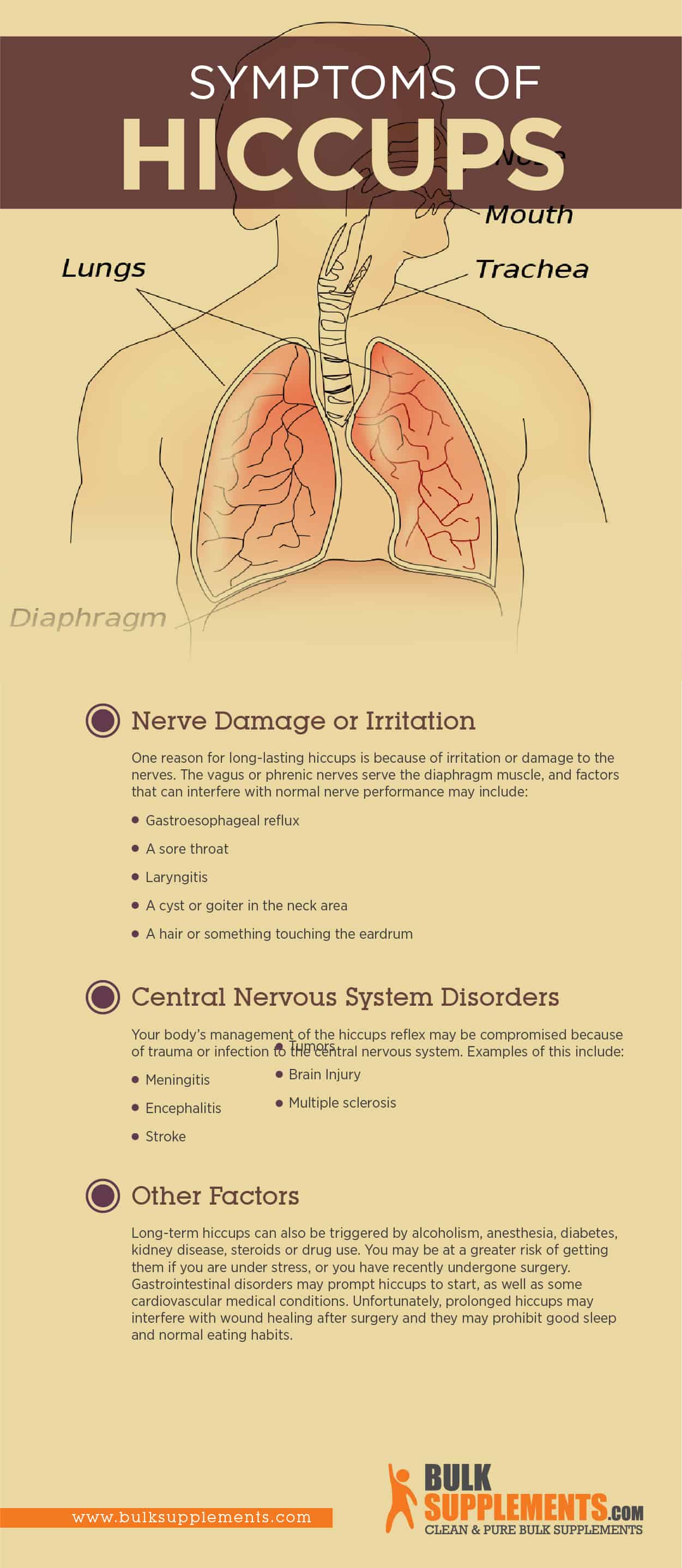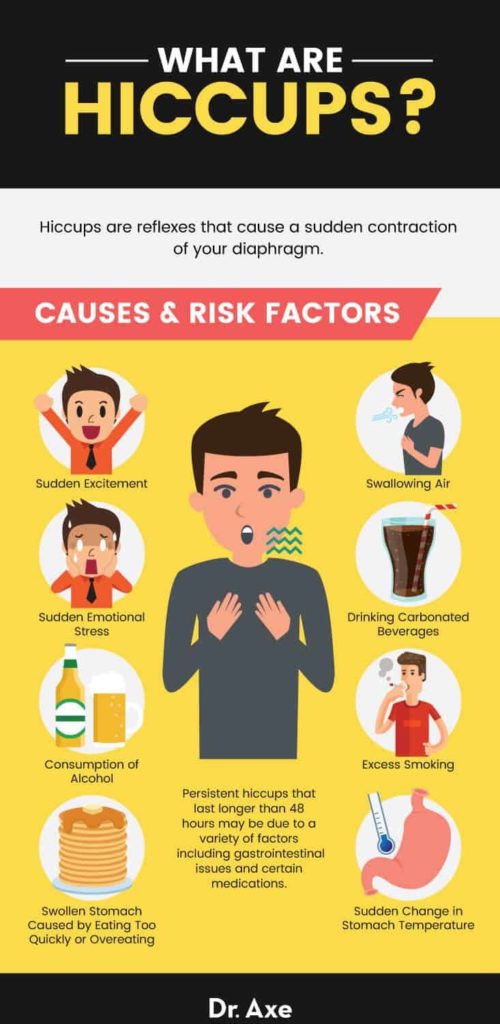Everyone has experienced hiccups at some point in their life, but what happens when it becomes continuous? Continuous hiccups can be a sign of an underlying medical condition that requires prompt medical attention. In this article, we will explore the possible causes of continuous hiccups.
What are Hiccups?

Hiccups are involuntary contractions of the diaphragm muscle. The diaphragm muscle is responsible for breathing. When it contracts, it pulls air into the lungs. When it relaxes, it pushes air out of the lungs. Hiccups occur when the diaphragm muscle contracts involuntarily and suddenly. This causes the vocal cords to close, producing the "hic" sound.
What Causes Hiccups?

Many things can cause hiccups, including eating too fast, drinking carbonated beverages, alcohol, smoking, and stress. In most cases, hiccups go away on their own within a few minutes.
What are Continuous Hiccups?
Continuous hiccups are hiccups that last for more than 48 hours. It is a rare condition that can be a sign of an underlying medical condition. If you experience continuous hiccups, you should seek prompt medical attention.
What are the Causes of Continuous Hiccups?

There are many possible causes of continuous hiccups, including:
1. Gastrointestinal Issues

Gastrointestinal issues such as acid reflux, gastritis, and peptic ulcers can cause continuous hiccups. These conditions can irritate the diaphragm muscle, causing it to contract involuntarily.
2. Neurological Disorders

Neurological disorders such as multiple sclerosis, stroke, and brain tumors can affect the nerves that control the diaphragm muscle, causing continuous hiccups.
3. Medications

Some medications can cause continuous hiccups as a side effect. These medications include steroids, tranquilizers, and opioids.
4. Metabolic Disorders

Metabolic disorders such as diabetes and kidney failure can cause electrolyte imbalances, which can lead to continuous hiccups.
5. Psychological Disorders

Psychological disorders such as anxiety and depression can cause continuous hiccups. These conditions can affect the nerves that control the diaphragm muscle, causing it to contract involuntarily.
When to Seek Medical Attention?
If you experience continuous hiccups, you should seek prompt medical attention. Your doctor will perform a physical examination and may order some tests to determine the underlying cause of your hiccups.
Conclusion
Continuous hiccups can be a sign of an underlying medical condition that requires prompt medical attention. If you experience continuous hiccups, you should seek medical attention immediately. By determining the underlying cause of your hiccups, your doctor can provide you with the appropriate treatment.